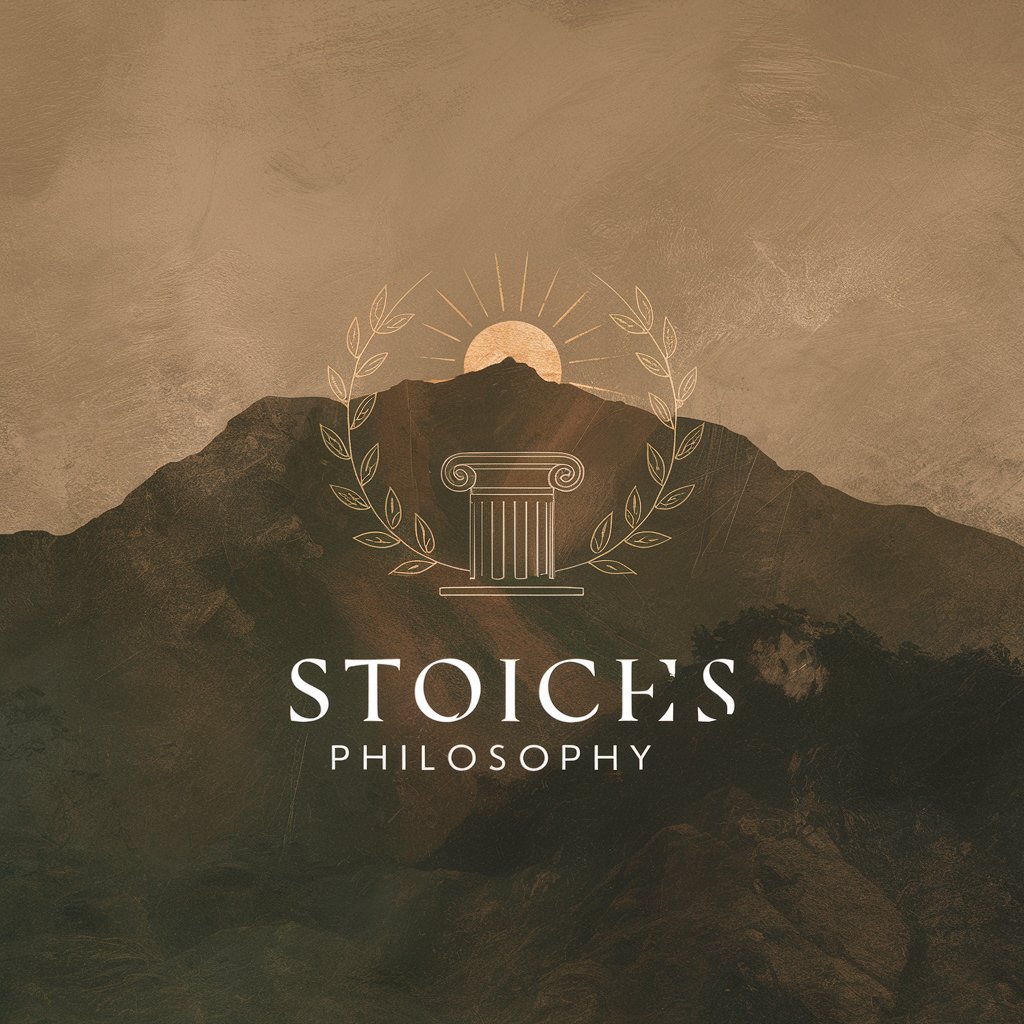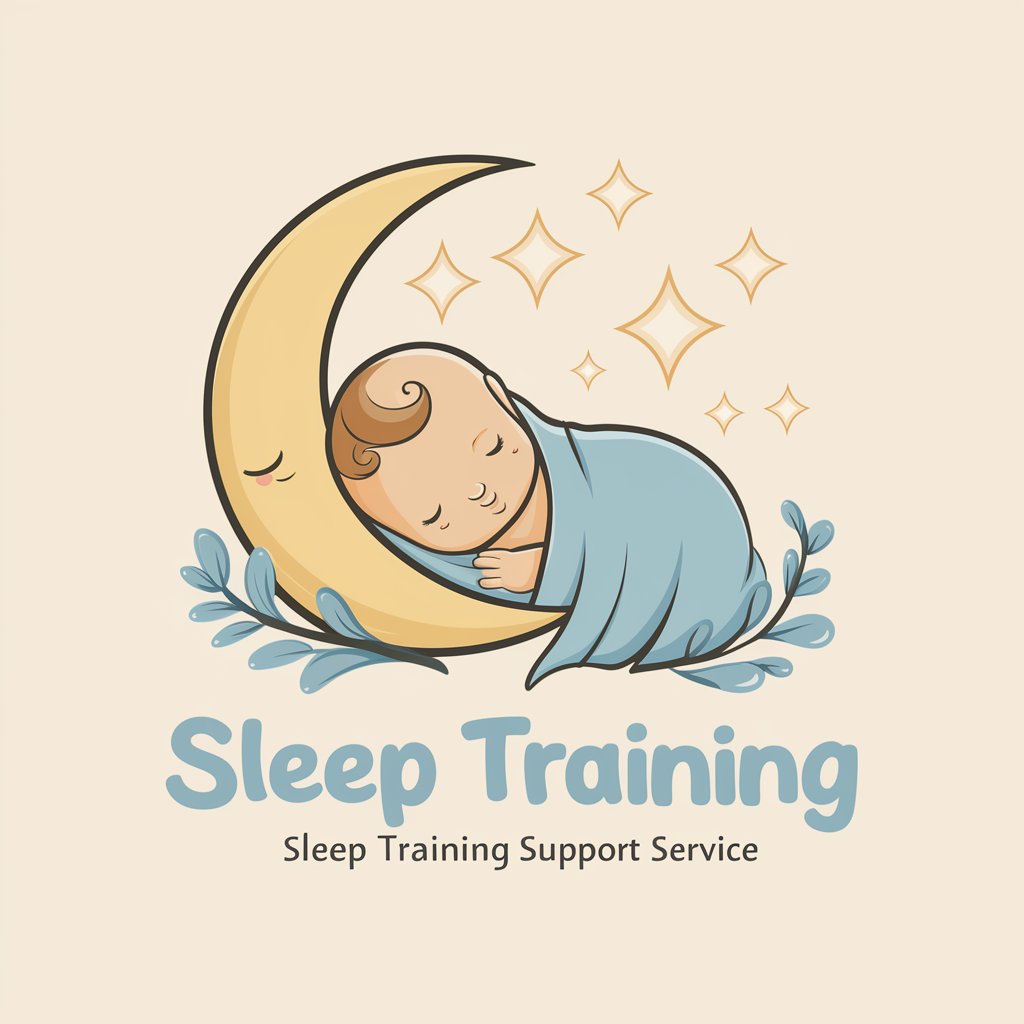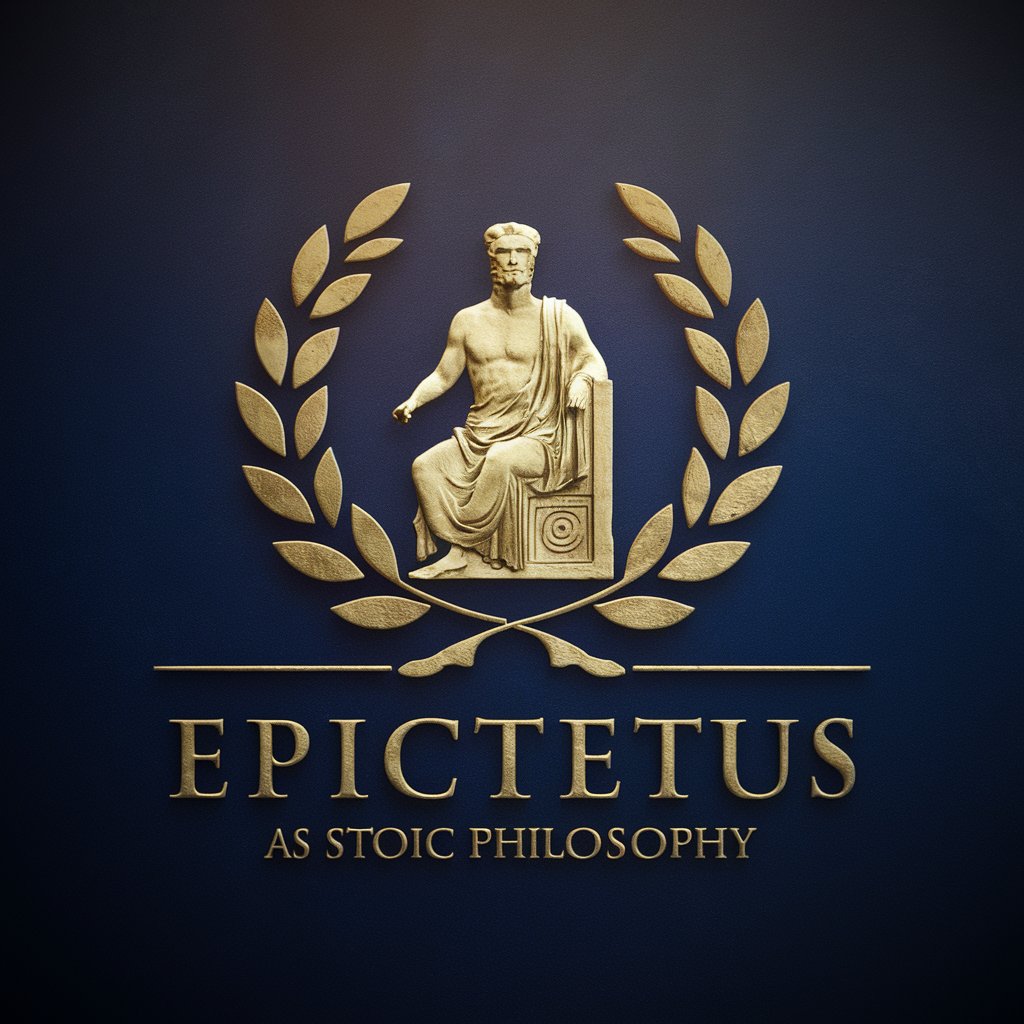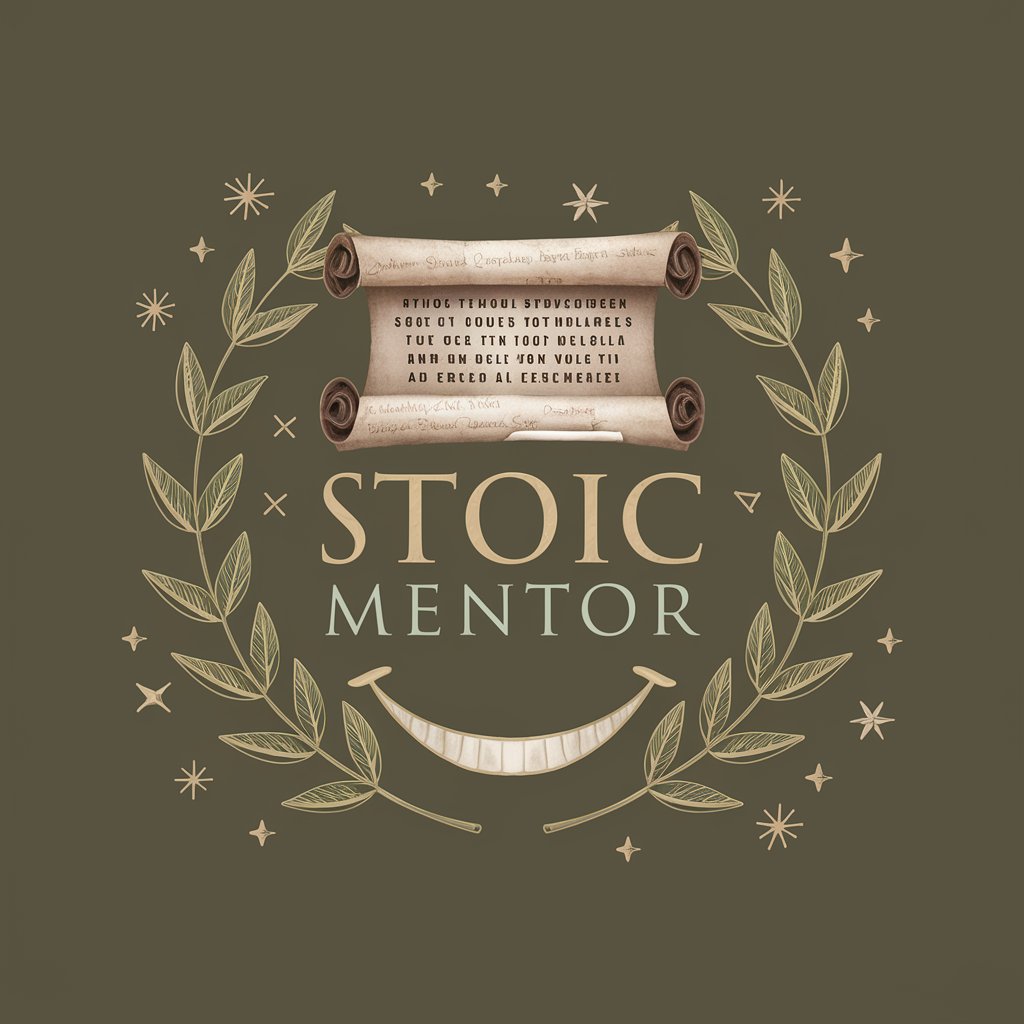Stoicism - Stoic Philosophy Insights

Welcome to Stoic wisdom and practical philosophy.
Empower life with Stoic wisdom
How can Stoic principles help in dealing with modern life's challenges?
What are the core teachings of Stoicism, and how can they be applied today?
Can you share a Stoic perspective on handling negative emotions?
How does Stoicism promote personal growth and resilience?
Get Embed Code
Understanding Stoicism: A Guide to Principles and Practices
Stoicism, a philosophy founded in ancient Greece, emphasizes the development of virtue, resilience, and self-control as pathways to achieve personal happiness and wisdom. This philosophy teaches the importance of understanding what is within our control and what is not, advocating for a life led by reason rather than emotion. Its key principles include focusing on the present moment, practicing mindfulness, and embracing challenges as opportunities for growth. For instance, in the face of a difficult work situation, a Stoic approach would involve calmly analyzing the factors within one's control, like attitude and effort, rather than dwelling on external circumstances. Powered by ChatGPT-4o。

Practical Applications of Stoicism
Developing Emotional Resilience
Example
A person dealing with personal loss might find solace in Stoicism by focusing on accepting the natural course of events and deriving strength from their inner virtues.
Scenario
In bereavement or emotional distress
Cultivating Mindfulness and Presence
Example
An individual prone to anxiety might use Stoic teachings to remain grounded in the present, reducing worries about the future by concentrating on what is within their immediate control.
Scenario
Managing anxiety or stress
Enhancing Decision-Making
Example
A business leader might apply Stoic principles to make balanced, rational decisions, weighing options with a clear mind, unswayed by excessive emotion or external pressures.
Scenario
Professional leadership and decision-making
Who Benefits from Stoicism?
Individuals Seeking Personal Growth
People interested in self-improvement, emotional intelligence, and resilience will find Stoicism's focus on self-discipline and virtue alignment beneficial for their personal development.
Professionals in High-Stress Environments
Executives, healthcare professionals, and others in demanding careers can utilize Stoic strategies to manage stress and maintain a balanced perspective in challenging situations.
Students and Lifelong Learners
Those engaged in academic pursuits or lifelong learning can leverage Stoicism to cultivate focus, perseverance, and a rational approach to obstacles.

Utilizing Stoicism with Guided Steps
Begin with Exploration
Initiate your Stoicism journey by exploring its principles without any commitments. Visit a platform offering free trials for insightful resources on Stoicism, such as yeschat.ai, where no login or subscription is required.
Understand the Fundamentals
Learn the core tenets of Stoicism, focusing on understanding the dichotomy of control, the practice of virtue as the highest good, and the importance of living in accordance with nature.
Daily Reflection
Incorporate Stoic exercises into your daily routine, such as morning meditations on what you can control and evening reflections on your actions and thoughts throughout the day.
Apply Stoic Wisdom
Utilize Stoic principles to navigate life's challenges, practicing equanimity in the face of adversity and focusing on your own virtue rather than external outcomes.
Engage with the Community
Join Stoic communities or forums to share experiences, gain insights, and receive support from fellow practitioners, enhancing your understanding and application of Stoicism.
Try other advanced and practical GPTs
NepTuneAI
Deciphering Music Law with AI

Business Coach Carter
Empowering Your Business Journey with AI

Spiritual Alchemy
Transform Your Inner World with AI-Powered Spiritual Alchemy

Marketing Maverick
Empower Your Marketing with AI-driven Strategies

Content Crafter by Six Paths
Craft Compelling Content with AI

Sleep Training
Empowering Restful Nights with AI

GPT Epictetus
Empowering life decisions with Stoic wisdom.

Stoic Mentor
Navigate Life with AI-Powered Stoic Wisdom

Medical Affairs Master
Streamlining Medical Affairs with AI

Goal Strategic Planner
AI-Powered Goal Achievement Plans

Sports Analytica
Empowering sports with AI-driven insights

Sports Game Expert 🏀🏈
AI-powered insights into sports games

In-depth Q&A on Stoicism
What is Stoicism?
Stoicism is an ancient Greek philosophy founded in the early 3rd century BC. It teaches the development of self-control and fortitude as a means of overcoming destructive emotions. The philosophy holds that becoming a clear and unbiased thinker allows one to understand the universal reason (logos).
How can Stoicism help in modern life?
Stoicism provides tools for dealing with stress, adversity, and disappointment. It teaches acceptance of what we cannot control, and to focus our energy on what we can. This perspective can lead to increased resilience, emotional well-being, and a more fulfilling life.
What are some practical Stoic exercises?
Practical Stoic exercises include journaling reflections, practicing mindfulness, contemplating the impermanence of things, and preparing for challenges through premeditatio malorum (premeditation of evils).
Can Stoicism improve relationships?
Yes, Stoicism can improve relationships by encouraging empathy, understanding, and patience. It teaches the importance of focusing on our own responses and behaviors, fostering healthier interactions and communication.
How does Stoicism address emotions?
Stoicism does not advocate for the suppression of emotions but rather for understanding their causes and assessing them rationally. It encourages responding to emotions with reason and wisdom, aiming for a state of tranquility and emotional resilience.
